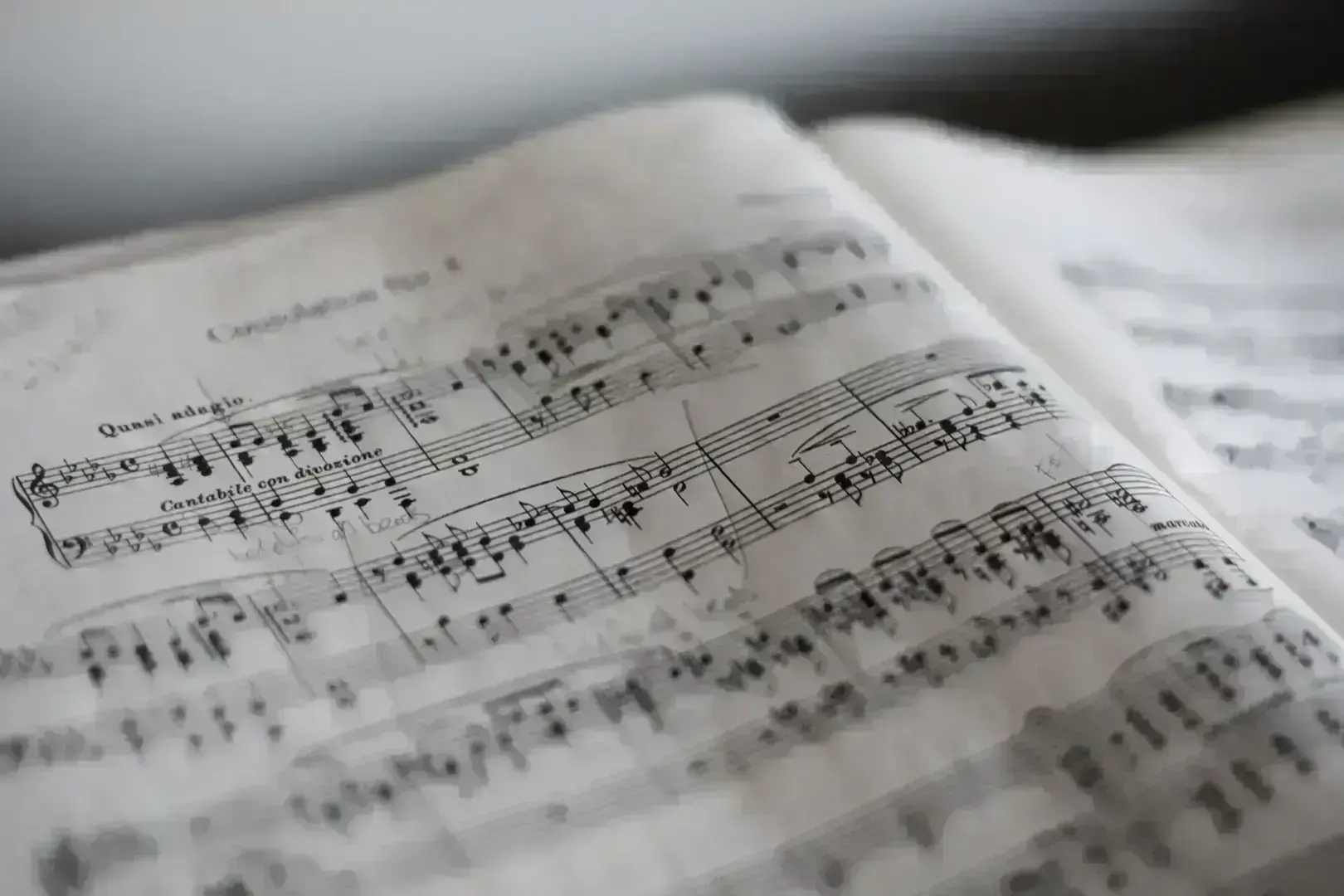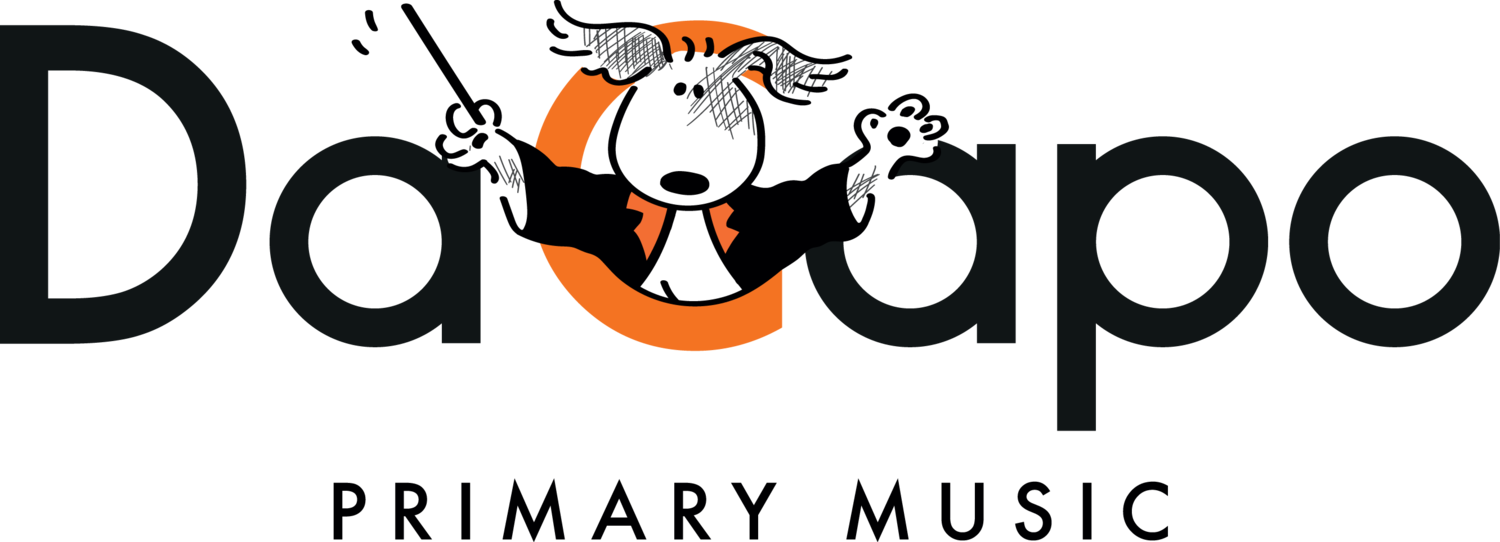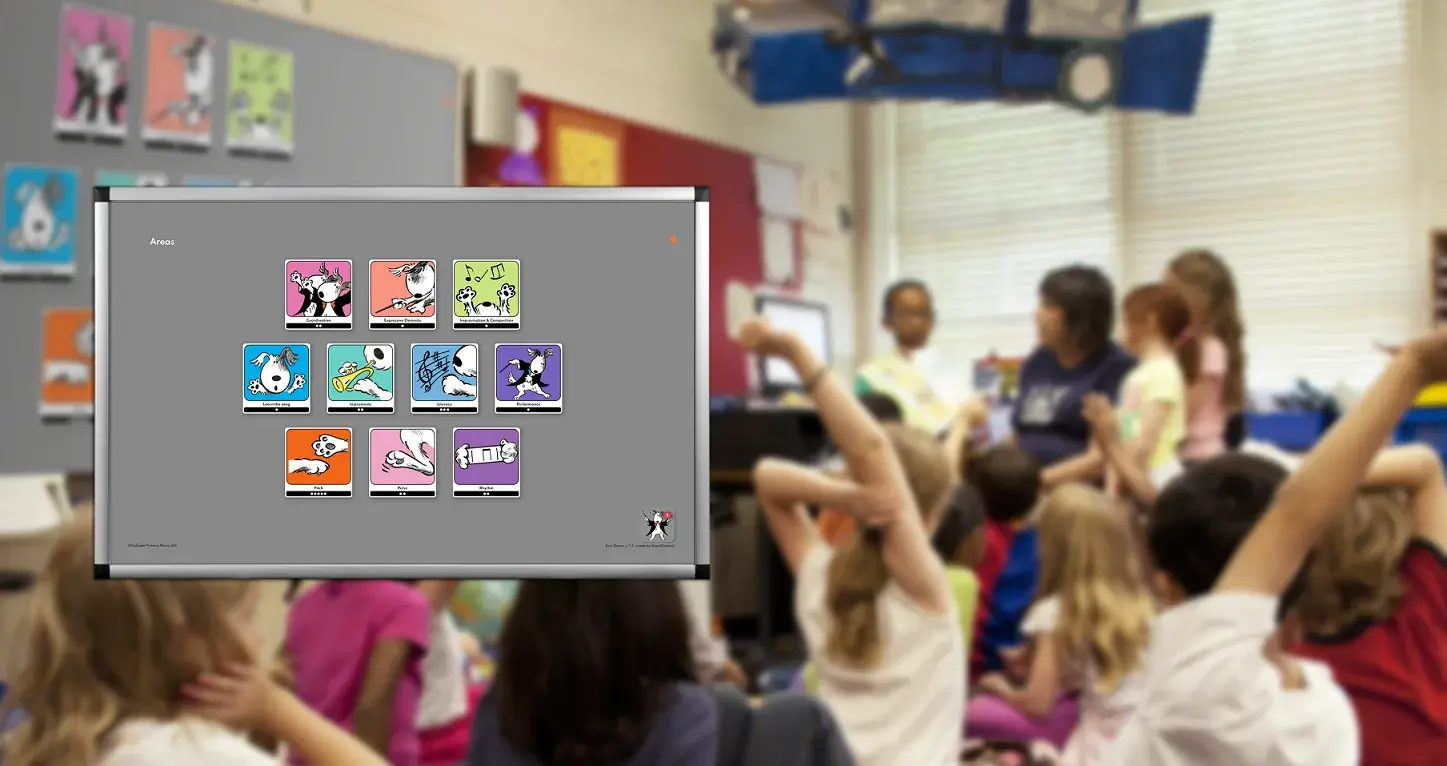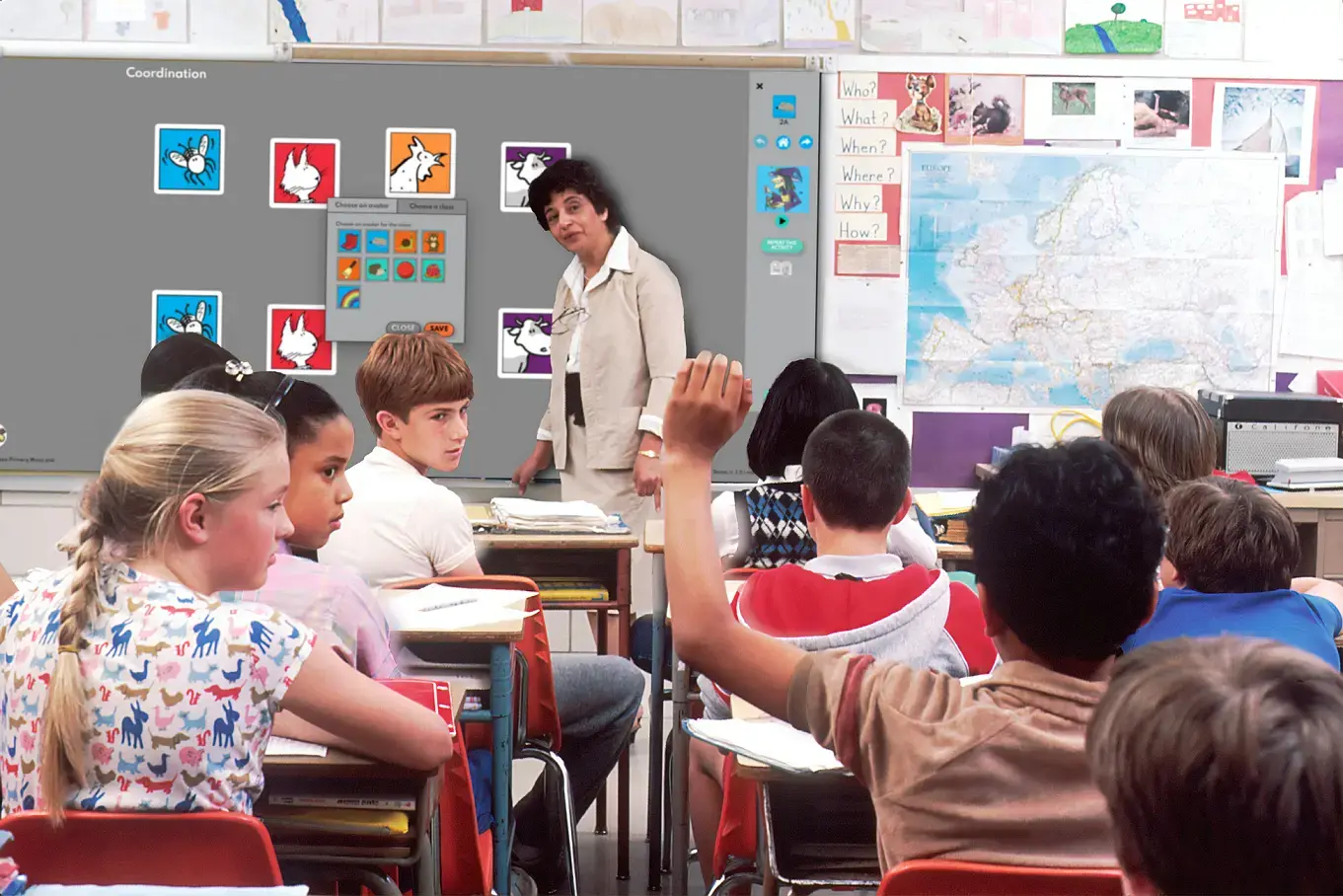
An Interactive Digital Platform For Music
DaCapo transforms music education with digital tools, empowering UK schools and students amidst national curriculum challenges.
Our Client.

DaCapo began its journey as a Saturday School in 1991. It was formed by Jane Cutler and Michelle Groves to provide a small supportive space for music-enthusiasts to connect, enjoy and express their musical interest together. Today, it has grown into a program that teaches and harnesses musicality and musical appreciation across the country. DaCapo does this by drawing on Kodaly and Dalcoze techniques to connect music with the mind and body of students. The programme is taught by 100 expertly skilled and trained DaCapo instructors who have already made an impact in 50 schools across the UK so far. They seek to teach as well as equip other teachers with the skills and resources needed to develop musical ability among their students. These resources include songbooks, rhythm flashcards and instrumentalist books. In this way, DaCapo helps to promote opportunity and equality in the music education of the next generation.
The challenge
Music education in the UK is facing a crisis. A report published by the Incorporated Society of Musicians at the end of 2020 found that 10% of primary and secondary schools are not teaching music. 68% of primary schools and 39% of secondary schools are also in the process of reducing their music education programmes. Shockingly, these movements are taking place despite the national curriculum requirement to teach music in all schools, and the important benefits that music education has on the wellbeing and intelligence of students overall.
The challenges facing music education are developing in the context of an increasingly academic focus growing among schools. This is driven in part by the ‘EBacc’ accountability measure where schools and students are primarily evaluated based on grades attained in traditional academic subjects. Further, the limited number of qualified staff and the restricted availability of detailed curriculum programmes, tools and teaching materials are creating inequalities in the provision and quality of music education.
To tackle these challenges, Da-Capo aims to digitise music education by developing a web-based application that can be used on interactive whiteboards in schools across the UK. In doing this, Da-Capo hopes to support and empower the schools and students that experience a compromised education in this area of their curriculum. Da-Capo Primary Music is an inclusive software providing specialist and non-specialist music teachers with a thorough, detailed and standardized programme that fulfils national curriculum requirements.
We joined DaCapo’s project after they finished the Proof-of-Concept stage. At that time, their product idea had been tested on a group of students using a simple interactive presentation.
Overall, our goal was to transform the DaCapo method and programme to an online environment self-managed by schools and music teachers. We wanted teachers to utilize this environment to deliver a standardized, good quality music education for their students. To do this, we were tasked with drawing on our technical expertise to select and implement the best features, system and framework to suit the needs of our client. We also implemented a Friends and Family testing phase to validate the flow and usability of the system before the final product was released. Finally, we prepared DaCapo for meetings with investors and crowdfunding campaigns about the technical aspects of their programme.

Our solution
The heart of our application is a carefully selected number of songs. Each song can be used as the starting point for a range of activities to engage in and develop skills. Built-in progression within the programme allows students to develop their skills by moving through different levels of songs, areas and activities from beginner to expert levels of achievement. DaCapo lessons are modular, and based on transferrable skills like reading music, developing voice control and understanding the different dynamics of music. Module content is designed to fulfil and exceed national curriculum requirements.
Students and teachers can easily navigate their way around the application, and track their progression throughout the programme. This is supported by a simple and clear system layout to encourage focus and reduce possible distractions.
The software we designed provided Michelle and Jane with complete control over the programme configuration. We achieved this by creating different program levels, adding songs, and defining lessons and activities in the system. Retaining control over the programme configuration in this way enables Michelle and Jane to expand and adjust the programme over time according to changing needs, by selecting different activity types or by uploading different lesson content.
We decided that the ABP framework would be the most suitable infrastructure to support the implementation of essential features within the programme. This framework allowed us to deliver the backend application for DaCapo and school administrators quickly and efficiently. Consequently, this efficiency liberated us to spend more time and effort on the front end of our application and ensure that it fulfilled all of DaCapo’s requirements.
Finally, it was important to Michelle and Jane that their programme is easily accessible to schools across the country. To facilitate this, our system allows school representatives to access the software quickly by creating a school profile and choosing the right programme license for them. Each school is given the option of testing the application for a free 30 day trial period, so that they can experience the benefits of the system themselves before making an informed decision to invest.

A success story
We successfully supported DaCapo to transform their expertise in music education to a digital platform. This way, even more schools and more students can access, learn and benefit from the DaCapo method. Students using this platform can engage in interactive digital activities whilst also receiving guidance and support from their teachers during the lesson.
Our bespoke software supports DaCapo to grow their programme further and develop new features. It accommodates the configuration of new languages; providing DaCapo with global potential. New activities are also in development to improve the gamification elements of the programme.
We would love to continue our successful partnership with DaCapo and support them to scale their business further; automating their operational processes, facilitating online payments and implementing automatic invoice generation.
Project facts
- Team – Developers 4 (Team Leader 1, Front end 2, Backend dev 1), DevOps 1, QA 1,BA 2, PM
- Project management – Scrum for production
- Technology for prototype – Umbraco, Angular
- Technology for final system – Asp.Net Core, EntityFramework Core, MS SQL, Swagger, Quartz, Xamarin.Forms, Angular, Metronic, Bootstrap